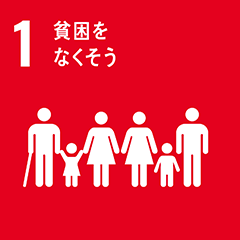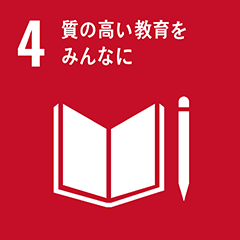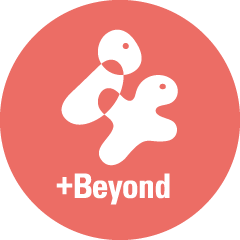Inochi Declaration
Break the cycle of poverty through education, eliminate discrimination and inequality, and ensure that everyone can live in safety.
Human history is a history of struggling against injustice. War, poverty, discrimination, disaster, and inequality—all have continuously cast shadows on humanity’s journey. Among the many possible approaches, education is the most reliable means of breaking this chain of injustice.
However, there are people whom conventional education cannot reach. Children unable to attend classrooms, regions suffering from teacher shortages, areas where textbooks cannot be distributed, and places where learning is disrupted by civil war or disaster—these realities are all too common. Particularly in Sub-Saharan Africa, population growth has rapidly increased the number of school-age children, far outpacing the ability of traditional infrastructure—classrooms, teachers, and especially budgets—to keep up, both physically and institutionally.
How can technology respond to these challenges? Since its founding, Castalia has been promoting digital learning worldwide, including in Japan. In recent years, we have launched projects in African countries using the mobile learning service GOOCUS, delivered via smartphones, to overcome regional and economic disparities in educational opportunities. Notably, GOOCUS Edge—developed for regions with unstable internet connectivity—allows users to pre-download learning materials and study offline. This system enables the construction of sustainable and scalable learning environments even in refugee camps, rural schools, and areas where learning has been disrupted by conflict or disaster.
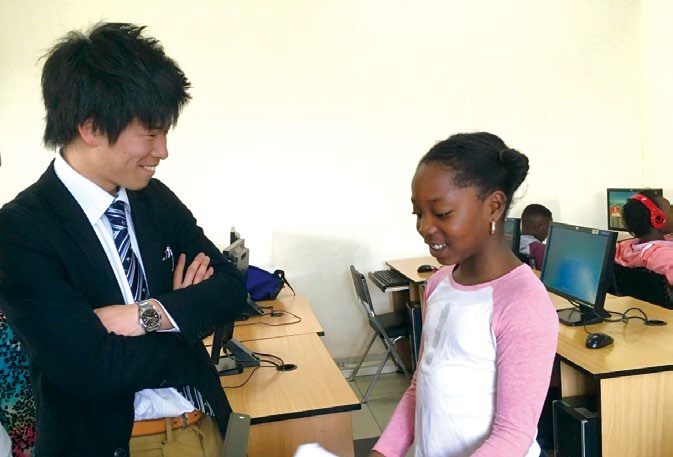
A girl who participated in a programming class in Kenya expresses her gratitude to the staff
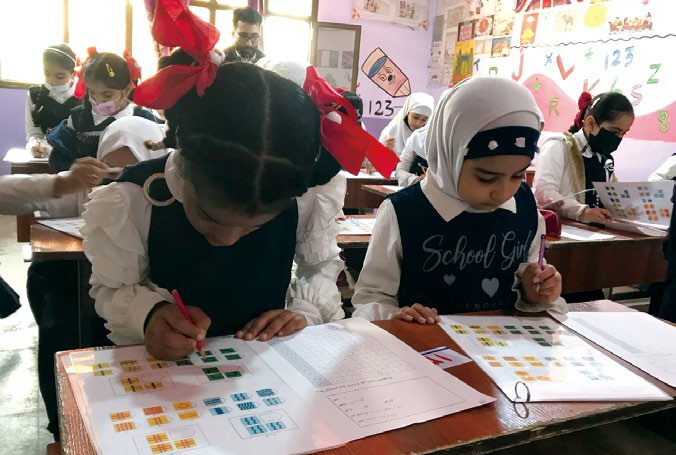
A female pupil taking a programming test at a primary school in Basra, Iraq
Castalia approaches technology with a belief in human goodness. The organization believe that technology can protect human dignity and become a means to overcome social injustices. By fusing education with technology, we can transcend the limits of traditional education systems and open the “doors of possibility” to people who have previously been deprived of learning opportunities.
For example, in Kenya and Ethiopia, one of the main reasons girls drop out of school is the restrictions on education opportunities due to economic hardship or gender roles. In these contexts, parental influence is critical—parents often determine their children’s futures. If parents do not prioritize education, children’s futures are abruptly cut off. However,if an environment is created where learning can continue at home with just a smartphone, education continuity becomes possible, helping to prevent the interruption of learning. Furthermore, digital training for teachers and the standardization of educational materials can help improve the quality of education.
Of course, not all problems can be solved so simply. There are times when people feel powerless against harsh realities. Yet, we must hold onto the hope that there is something we can do. Delivering learning opportunities to those placed amid injustice, and supporting them in gaining the power to choose their futures by their own will—this reflects Castalia’s mission, driven by both technology and philosophy, and represents an ongoing challenge.
The Inochi Forum resonates deeply with Castalia’s vision and will continue to work with diverse organizations to break the cycle of injustice through the power of education and technology, aiming to build a society where everyone can “learn and live in peace.”
[References]
・Castalia Co., Ltd.:
https://www.castalia.co.jp/home
[Action Platform]
Education and Children
[SDGs]
